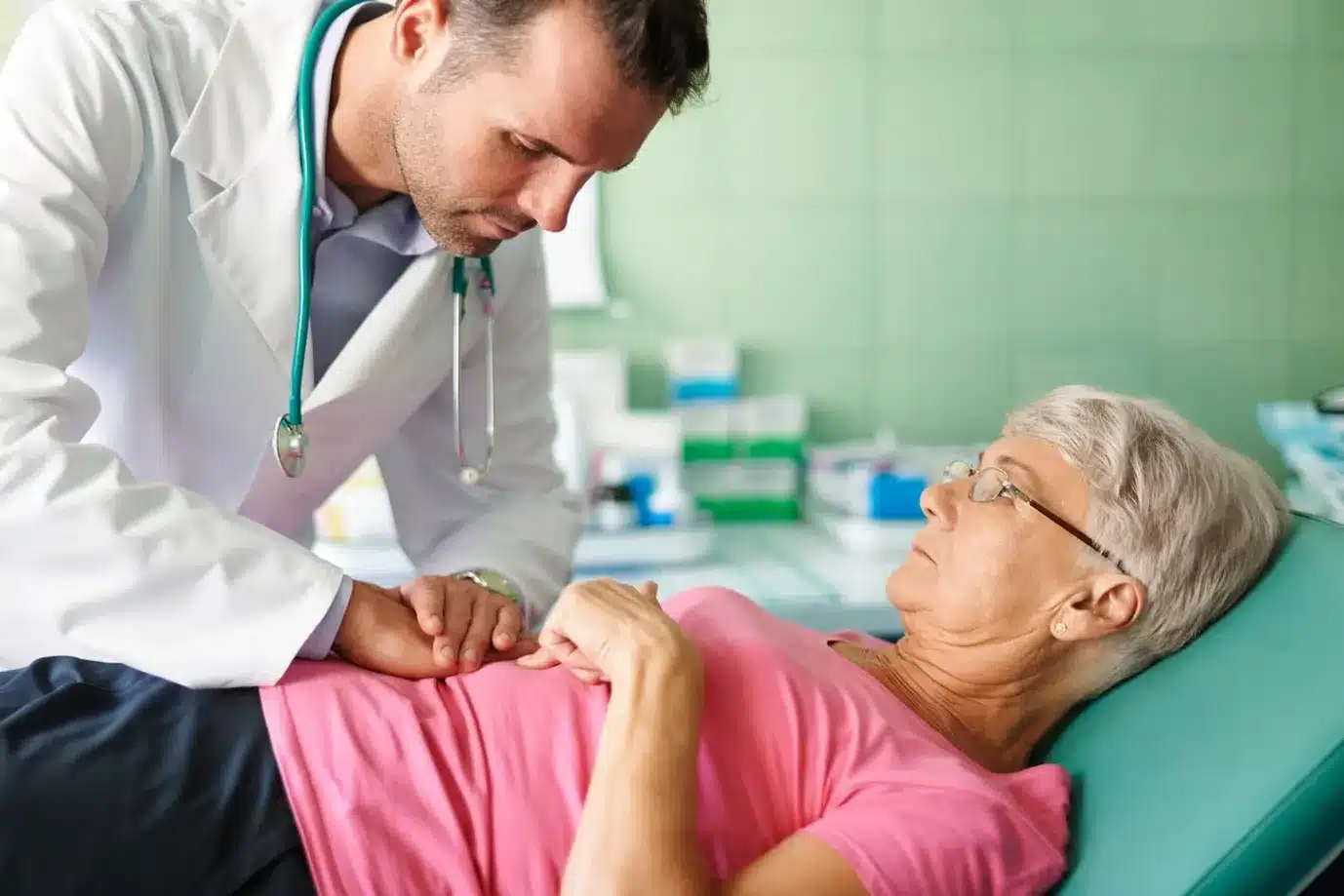Comprehensive Guide to Bali Belly Treatment: Understanding, Prevention, and Remedies
Bali Belly, also known as traveler’s diarrhea, is a common gastrointestinal illness experienced by many travelers visiting Bali and other tropical destinations. It is typically caused by consuming contaminated food or water, resulting in symptoms like abdominal pain, diarrhea, nausea, and vomiting. While Bali Belly can disrupt your travel plans, it is generally a self-limiting condition that can be treated and prevented with a few simple measures. This comprehensive article will explore various aspects of Bali Belly Treatment, including its causes, prevention strategies, and effective treatment options.

Understanding Bali Belly
Understanding Bali Belly is crucial for anyone planning to travel to tropical destinations such as Bali. Bali Belly, or traveler’s diarrhea, is a common gastrointestinal illness caused by consuming contaminated food or water. It can lead to uncomfortable symptoms such as diarrhea, stomach cramps, nausea, and vomiting. By gaining insight into the causes, symptoms, and risk factors associated with Bali Belly, travelers can take proactive steps to prevent and manage this condition effectively.
Causes
Bali Belly is commonly caused by ingesting pathogens such as bacteria (e.g., Escherichia coli), viruses (e.g., norovirus), and parasites (e.g., Giardia) present in contaminated food, water, or unsanitary environments. These pathogens can enter the body through the mouth and affect the digestive system, leading to the characteristic symptoms of Bali Belly.
Symptoms
Common symptoms of Bali Belly include diarrhea, stomach cramps, nausea, vomiting, fever, and dehydration. Symptoms usually occur within a few days of exposure, ranging from mild to severe. In most cases, the illness resolves within a few days to a week without specific treatment.

Prevention Strategies
Preventing Bali Belly is crucial for a smooth and enjoyable trip. Follow these simple prevention strategies to minimize risk: consume safe food and water, practice thorough hand hygiene, prioritize hydration, and consider the judicious use of anti-diarrheal medications under professional guidance.
Safe Food and Water
To prevent Bali Belly, consuming only properly cooked, hot foods and drinking bottled or purified water is essential. Avoid consuming ice cubes, unpeeled fruits, raw vegetables, and street food that may be prepared under unhygienic conditions. Opt for reputable restaurants and establishments that prioritize food safety and cleanliness.
Hand Hygiene
Good hand hygiene is crucial in preventing the transmission of pathogens that cause Bali Belly. Regularly wash your hands with soap and clean water, especially before eating or preparing food and after using the bathroom. If soap and water are unavailable, use hand sanitizers with at least 60% alcohol content.
Hydration
Staying hydrated is essential during episodes of Bali Belly. Diarrhea and vomiting can lead to dehydration, so drinking plenty of clean water, preferably bottled or purified, is essential. Replenishing electrolytes lost due to diarrhea can be achieved by consuming oral rehydration solutions or drinks with added electrolytes.
Use of Anti-Diarrheal Medications
Some individuals may consider taking over-the-counter anti-diarrheal medications (e.g., bismuth subsalicylate) preventively. These medications can help reduce the risk of Bali Belly by slowing down intestinal motility. However, it is advisable to consult a healthcare professional before taking any medication, as they may not be suitable for everyone.

Bali Belly Treatment Options
When it comes to treating Bali’s Belly, several effective options are available that can help alleviate symptoms and promote a speedy recovery. From rest and hydration to medications and probiotics, understanding the different treatment options can significantly aid in managing this common travel ailment.
Rest and Hydration
Adequate rest and hydration are vital for managing Bali Belly. When experiencing symptoms, it is essential to rest and give your body time to recover. To prevent dehydration, drink plenty of fluids, such as oral rehydration solutions, water, clear broths, and herbal teas. Avoid caffeinated and alcoholic beverages, which can further contribute to fluid loss.
Antibiotics
In severe cases of Bali Belly or if symptoms persist, a healthcare professional may prescribe antibiotics. Antibiotics are primarily used to treat specific bacterial infections causing traveler’s diarrhea. However, they are only sometimes necessary and should be taken under the guidance of a healthcare provider.
Antimotility Medications
Over-the-counter antimotility medications, such as loperamide, can help alleviate the symptoms of diarrhea. These medications work by slowing down the movement of the intestines, reducing the frequency of bowel movements. However, they should be used cautiously and only for short periods, as they can slow the elimination of pathogens from the body. It is important to note that antimotility medications should not be used if there is blood or mucus in the stool or if there are indications of severe infection.
Probiotics
Probiotics are beneficial bacteria that can help restore the natural balance of gut flora and promote quicker recovery from Bali Belly. They are available as supplements or can be consumed through fermented foods like yogurt and kefir. Probiotics can help alleviate symptoms and support the healing process of the digestive system. However, it is advisable to consult a healthcare professional before starting any probiotic regimen.
Reintroducing Food
Once the symptoms of Bali Belly begin to subside, it is important to reintroduce food gradually. Start with bland, easily digestible foods such as rice, toast, bananas, and vegetables. Avoid spicy, greasy, or heavy foods that may irritate the digestive system. Slowly introduce other foods back into your diet as your stomach tolerates them.
Seek Medical Attention
While most cases of Bali Belly resolve on their own with self-care measures, there are instances when medical attention is necessary. If symptoms worsen, persist for more than a few days, or are accompanied by high fever, blood in the stool, severe abdominal pain, or signs of dehydration (such as decreased urine output or dizziness), it is essential to seek medical attention promptly. Healthcare professionals can assess the severity of the condition, provide appropriate treatment, and help prevent complications.
Bali Belly can be an unpleasant experience, but with proper knowledge, prevention strategies, and timely treatment, you can minimize its impact on your travel plans. Remember to prioritize safe food and water consumption, practice good hand hygiene, and take necessary precautions. If you fall ill with Bali Belly, follow the recommended treatment options, prioritize rest and hydration, and consider seeking medical attention if necessary. By being proactive and taking appropriate measures, you can ensure a healthy and enjoyable travel experience in Bali or any other tropical destination. Remember, prevention is critical, but in the event of illness, timely and appropriate treatment can help you recover quickly and return to enjoying your trip.
Frequently Asked Questions
How can I prevent Bali Belly?
You can prevent Bali Belly by practicing good hygiene, such as washing your hands regularly, avoiding street food, and only drinking bottled or filtered water.
Should I see a doctor if I have Bali Belly?
If you have severe symptoms or if your symptoms persist for more than a few days, it is recommended that you seek medical attention.
Can Bali Belly be contagious?
Bali Belly is not usually contagious, but the infection can be spread through contact with contaminated food or water.
Can I still enjoy my Bali vacation if I get Bali Belly?
Bali Belly is a common ailment among travelers to Indonesia, but it should not ruin your vacation. With proper treatment and hydration, most people recover quickly.
Is Bali Belly a serious condition?
In most cases, Bali Belly is not a serious condition and can be treated easily. However, severe cases can lead to dehydration and may require medical attention.


